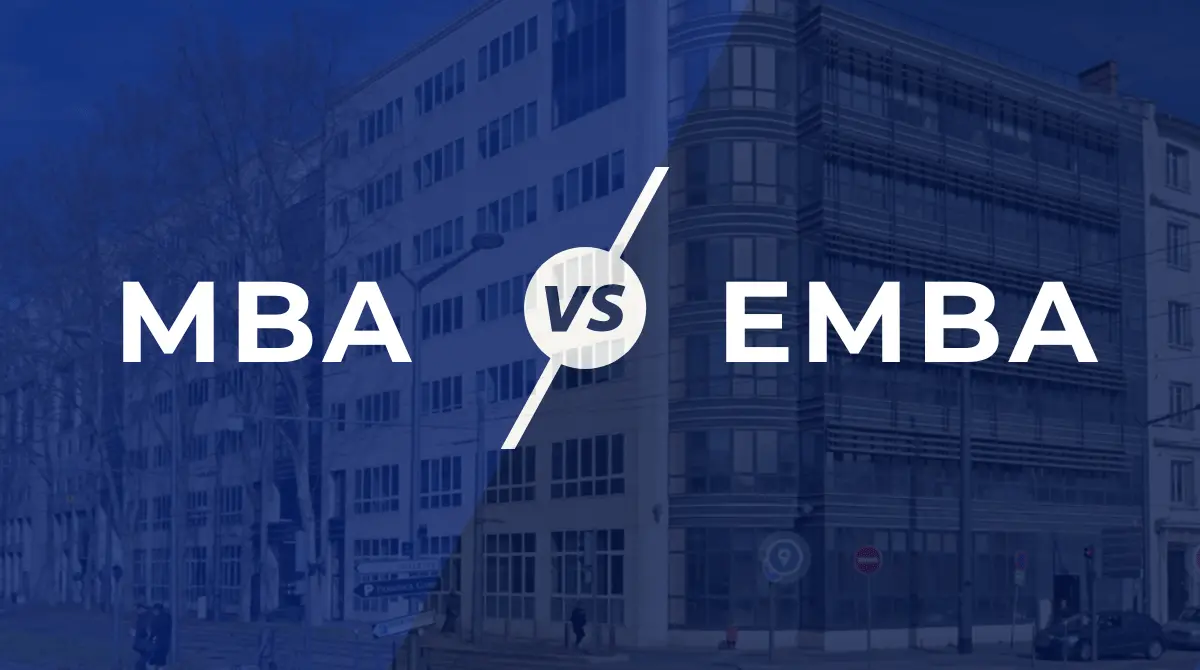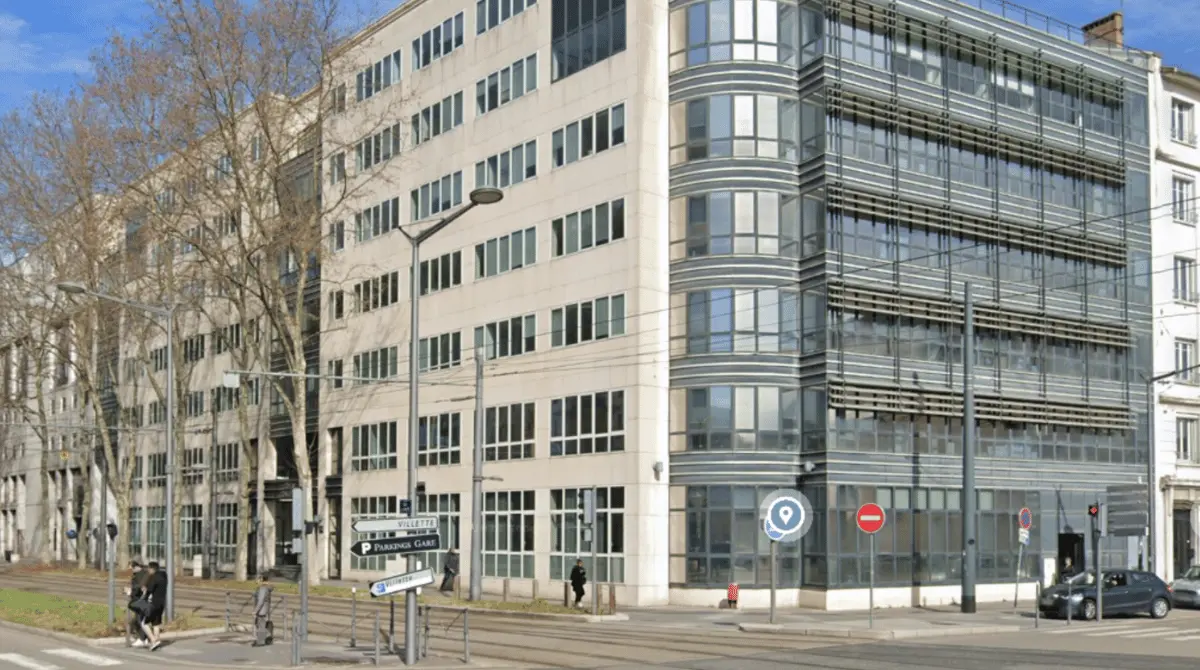What Is an EMBA?
The Aura International School of Management’s Executive MBA programme cultivates Post-graduates’ leadership abilities by expanding their understanding of the various functional areas of management from top to bottom. The executive MBA courses cover the methodical planning and execution of a business project from inception to matriculation.
The EMBA programme gives students a thorough understanding of international business etiquette and equips them with the skills and confidence to take on world leaders. The EMBA is especially beneficial for working people who are searching for a compelling opportunity to advance their careers.
While the industry can be competitive, this article will offer guidance on how to navigate the field and succeed in your chosen career path.
Features of the EMBA Program
- gives students the ability to apply crucial, outcome-driven business solutions.
- Students will acquire the skills necessary to manage several business organisations.
- With the review of numerous financial data, executive MBA courses address financial procedures.
- With the EMBA programme, students’ research skills will improve.
What Is an MBA Degree?
For graduates who wish to acquire general managerial and leadership abilities, a Master of Business Administration, or MBA, is a straightforward business degree programme. A broad range of general business principles, such as accounting, marketing, finance, and economics, are covered in an MBA programme.
The MBA, to put it briefly, is a taste of management and business expertise. This programme aims to enhance your business acumen and connect you with like-minded individuals in the industry.
Features of the MBA Program
- It is a broad subject covering every facet of management.
- MBA programmes emphasise both soft and hard abilities equally.
- The two-year MBA programme includes a summer internship; however, a one-year MBA programme is also offered.
- The MBA presents a plate of networking opportunities to the students.
Difference Between MBA vs EMBA
The primary difference between an Executive MBA (EMBA) and a traditional MBA lies in their design and implementation. An EMBA is mainly designed to train experienced executives, managers, entrepreneurs, and business leaders who hold full-time jobs while pursuing their education.
On the other hand, an MBA is intended for students with less professional experience who can complete a full-time course at an intensive pace. The table below summarises the key differences between an MBA and an EMBA.
| MBA | EMBA |
| Designed for students with less professional experience | Designed for experienced executives, managers, entrepreneurs, and business leaders |
| Full-time course at an intensive pace | Part-time course while holding full-time jobs |
| Focus on theoretical knowledge and practical skills | Focus on practical knowledge and skills |
| Curriculum covers a wide range of business areas | Curriculum focuses on specific business areas |
| Lower tuition fees | Higher tuition fees |
| Typically younger students | Typically older students |
MBA
A graduate general studies degree known as an MBA, or master of business administration, equips students with managerial abilities, leadership qualities, and an understanding of global commerce. Getting an MBA opens up new prospects, broadens one’s professional network, and imparts useful business skills. This is the perfect training if you want to advance in your work, change industries, or start your own business.
Also Read- Studying Business in France: Scholarships
An MBA is a broad master’s degree that encompasses courses in marketing, strategy, economics, and finance. You will be exposed to a variety of activities and apply the concepts learned in class to real-world consulting projects during your full-time MBA programme at Aura International School of Management.
Through group projects and case studies, you will gain from the real-world experience of your fellow students and others. A broad range of industries and career paths can benefit from the final product, which is an extensive array of managerial abilities.
EMBA
Similar to a regular MBA, an executive MBA is a graduate degree intended for managers and executives with a business concentration. Although the two programmes aim for different goals and have different course pacing, they produce degrees of equivalent merit. Working professionals with a minimum of eight years of professional experience are the target audience for EMBAs.
It is believed that individuals applying for this training have prior management expertise from their early professional years. Aura International School of Management provides both general EMBA training and an EMBA CVO, which is specifically designed for managers, executives aspiring to be chief value officers (CVO), and chief finance officers (CFO).
Overall, the choice between an MBA and an EMBA depends on an individual’s professional experience, career goals, and personal circumstances.
How to choose between an MBA or an EMBA ?
Therefore, your work experience is the primary deciding factor when applying for an MBA or an EMBA. It is advised that you get an MBA if you are just starting out in your career and have fewer than ten years of professional experience. This will enable you to gain considerable management foundational knowledge.
However, if you have more professional experience and have dealt with a variety of business issues, such as budgetary management, team management, and HR management, the EMBA may fulfil all of your expectations and help you advance to the next phase of your career.
FAQ
ask us
anything
What distinguishes an Executive MBA from a traditional MBA?
An Executive MBA (EMBA) programme is designed for experienced professionals who want to advance their careers while continuing to work full-time. EMBA programmes are usually part-time and take longer to complete than traditional MBAs.
Traditional MBA programmes, on the other hand, are designed for recent graduates who want to develop a broad range of business skills and knowledge.
What is the perceived value of an MBA in the professional world?
An MBA is widely recognised as a valuable qualification in the professional world. It provides graduates with a broad range of business skills and knowledge, as well as the ability to think strategically and solve complex problems.
MBA graduates are highly sought after by employers, particularly in the fields of finance, consulting, and management.
How does an MBA differ from a Master's degree?
An MBA is a specialised Master’s degree in business administration. While a Master’s degree can be in any field, an MBA focuses specifically on business and management.
An MBA is designed to develop students’ business skills and knowledge, while a Master’s degree is designed to develop students’ expertise in a specific field.
What are the various types of MBAs available?
There are several types of MBAs available, including full-time, part-time, online, and Executive MBAs. Full-time MBAs are designed for students who want to focus solely on their studies for a year or two.
Part-time MBAs are designed for students who want to continue working while they study. Online MBAs are designed for students who want to study from anywhere in the world. Executive MBAs are designed for experienced professionals who want to continue working while they study.
Who typically enrolls in an Executive MBA programme?
EMBA programmes are designed for experienced professionals who want to advance their careers while continuing to work full-time.
Typically, EMBA students are in their mid-30s to mid-40s and have several years of work experience. They come from a variety of industries and backgrounds, and many hold senior management positions.
What are the key benefits of pursuing an Executive MBA?
Pursuing an Executive MBA can provide several key benefits, including:
- Developing advanced business skills and knowledge
- Enhancing career prospects and earning potential
- Building a professional network of like-minded individuals
- Gaining a global perspective on business and management
- Balancing work and study commitments.






